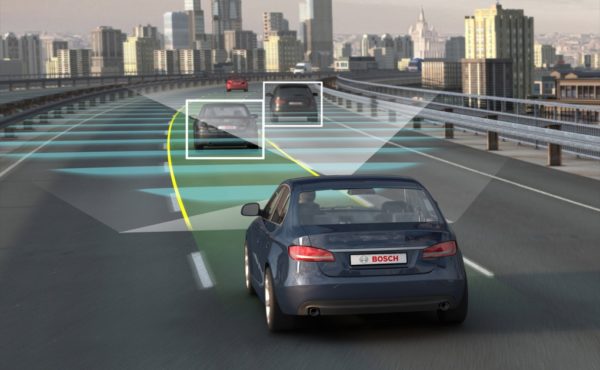From a dream to sheer reality, autonomous cars were once considered an illusion, yet the scientists of today have outdone themselves. With the world so close to its implementation, one cannot help but take a moment and analyze how we got here, from a time where their coming was only a utopian dream to now when we are preparing for their arrival.
Autonomous or self-driving cars are vehicles that are capable of maneuvering themselves without any human input. It can sense the environment and the eloquent navigation systems such as GPS, radars, computer vision and odometry and navigate its way around obstacles. Different cars can also distinctly be monitored on the road and the robotic cars can direct their way keeping a safe distance.
The precursory systems to autonomous cars are not very new; in fact date back to 1920s or the 1930s. The first truly autonomous car was made public in 1980 by Navlab of Carnegie Mellon University. The Eureka Prometheus Project in 1987 also introduced a similar concept by Mercedes-Benz and since then various companies have jumped on the bandwagon.
While on a whole, the public seems intrigued by the idea, many are now pondering over its side effects. In the next 10 or 20 years, these will be the cars that would overtake public transports or drive us to work. A major debate going on is whether we can trust our most precious commodities to a robotic car, our lives? Surely autonomous cars can navigate through countless data and use high technology to steer better; however is it invincible to mistakes? There are also rumors of contracts being signed before boarding the vehicle that waives the right to sue in case of death or injury. This scare has the public thinking autonomous cars are probably not the God send we thought they were.
Google has been one of the top contenders for these self-driving cars; however, after its recent prototype was involved in a self-inflicted crash, many individuals are losing faith. Perhaps a lot more research has to be put into these devices before they can be adopted. One thing is sure enough, though; we are pretty close to a breakthrough. From big names such as Tesla, BMW, and Ford all investing into perfecting the novel technology, it will soon make its way into elite life and from there into the general public.
Autonomous cars might make life easier by reducing traffic accidents and observing proper traffic rules. They will, however, cut down the need for drivers and hence many individuals will lose their jobs. While they will make life easier, there is a possibility of making life lethargic. Driving takes physical effort and as we reduce these exertions by introducing mechanics to take over our work, we are opening doors to countless health problems as well. Will autonomous cars bring more benefits than drawbacks, only time will tell? Big companies are citing the benefits, but it is to us to decide how to use these to only impart those benefits and shield ourselves from the drawbacks.
